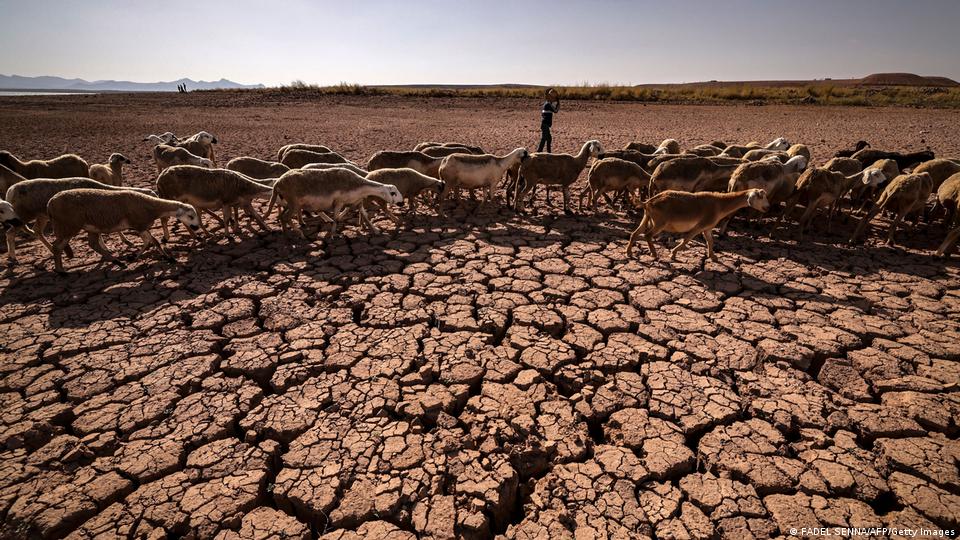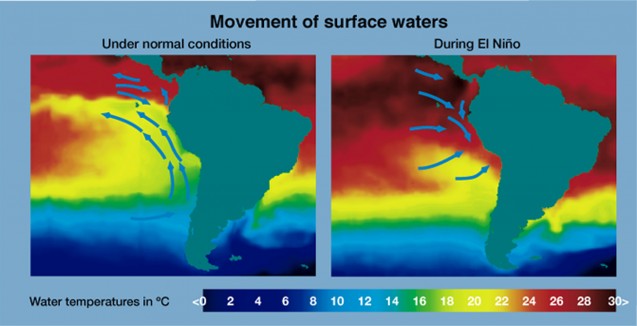
Climate change: March 2024 became the hottest in history
March this year marked the highest recorded temperatures globally this year, ending a 12-month streak of records in which each subsequent month was hotter. During the period spanning from April 2023 to March 2024, the mean global temperature exceeded the average temperature observed during the pre-industrial era of 1850-1900 by 1.58 degrees Celsius.Information about this is reported by Reuters, citing data according to the European Union’s Climate Change Monitoring Service (C3S).
Record temperature: 12 months, hottest on record
According to C3S, the 12-month period concluding in March is considered the warmest in terms of temperature on record on the planet.
“We are seriously concerned about the long-term trend that is evident through record temperatures. Such consistent records, month after month, clearly indicate that our climate is rapidly changing,” said C3S Deputy Director Samantha Burgess. Data from C3S spans back to 1940, and scientists analyzed the data, comparing temperature records, to confirm that the previous month marked the highest temperature recorded for March since before the start of the industrial era. The planet is already feeling the effects of extreme weather and high levels of heat.
The consequences of shifts in the climate are manifested in a variety of ways, leading to serious consequences in different regions of the world. For example, in the Amazon rainforest area, the climate drought caused an unprecedented count of wildfires in Venezuela during January-March of this year. At the same time, in South Africa, drought destroyed crops, leaving individuals confronting food shortages.

Scientists are also warning of an increasing risk of coral bleaching in the Southern Hemisphere caused by rising water temperatures. This phenomenon could become one of the most destructive in the history of our planet.
C3S experts on the dangers of release of greenhouse gases and its consequences of El Niño on the climate
Experts from C3S emphasized that the main factors influencing abnormally high levels of greenhouse gas emissions are accountable for rising temperatures by human activity. In addition, they noted that El Niño also has an impact on rising temperatures as this natural phenomenon contributes to global warming.
El Niño reached its peak in December-January and is now losing strength, which could help lower temperatures and end the hot weather by the end of this year.
Despite the diminishing impact of El Niño in March, average sea surface temperatures in the vicinity of the world reached historically high levels across all months, and sea air temperatures remained exceptionally warm, according to C3S.

Frederick Otto, a climate researcher at the Grantham Institute at Imperial College London, stressed that the main cause of this increase in temperature is due to the emission of greenhouse gases from fossil fuels . Failure to reduce these missions are expected to add to the ongoing global warming , leading to increased instances of droughts, wildfires, heatwaves, and heavy rainfall Otto said.
The past decade has seen the highest global warming on record, with 2023 being a record year for temperatures. Experts warn that 2024 could be even warmer and more dangerous. These data are contained in a press release published by the World Meteorological Organization (WMO) of the United Nations, which has declared a red alert level because of the global shift in climate patterns.